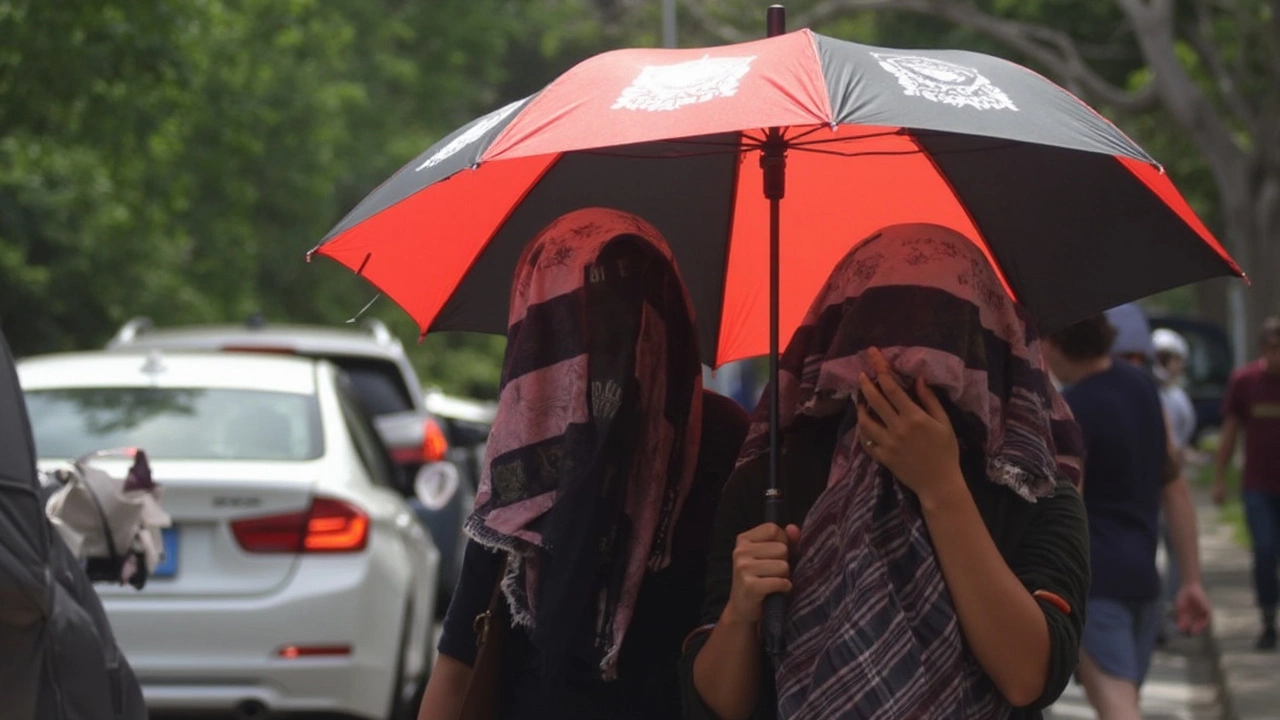Surge in Dengue Cases Strains Uttar Pradesh's Healthcare
Residents of Lucknow and the surrounding regions in Uttar Pradesh are witnessing a dramatic rise in dengue fever cases. This spike in cases has been primarily driven by unseasonable weather patterns, including rising temperatures and irregular rainfall events. Such conditions have provided a perfect breeding ground for the Aedes mosquitoes responsible for spreading the disease. The delayed withdrawal of the monsoon and average night temperatures soaring 3°C above the norm have exacerbated the situation, leading to an environment teeming with mosquito activity.
As it stands, Lucknow alone has reported over 2,100 dengue cases in 2024. This figure highlights a looming public health crisis, with severe cases doubling the demand for medical interventions such as platelet transfusions. Hospitals like Balrampur have reached near full occupancy, with dedicated dengue wards filled to capacity. This surge is squeezing healthcare resources at a time when they must be at their most resilient, revealing vulnerabilities in both policy and infrastructure.

Challenges in Managing the Crisis
With its dense population and rapidly urbanizing landscape, Uttar Pradesh is emerging as a hotspot for climate-sensitive diseases. The state's infrastructure, marked by quickly erected urban setups, is facilitating mosquito habitats through stagnant water in places like discarded containers and rooftop tanks. However, the response to this outbreak isn't just a healthcare challenge; it's further complicated by socioeconomic and systemic factors.
Despite the state's efforts to ramp up testing facilities—boosting the number to 135 centers—there persists a significant gap in rural coverage. Underreporting remains a critical issue, leading to potentially inaccurate assessments of the epidemic's true scale. These rural areas often lag behind due to limited access to healthcare resources and inadequate disease surveillance systems.
Moreover, certain demographics remain particularly vulnerable to these trends in climate change-sensitive diseases. Among them are children, the elderly, and those with preexisting conditions who are at heightened risk from extreme weather variations. Low-income communities also find themselves disproportionately affected as they lack the means to shield themselves from adverse environmental impacts effectively.
The state action plan aims to address these multifaceted challenges with several climate-responsive strategies. Initiatives include enhanced heatwave management, effective vector control measures, and infrastructure upgrades tailored to the changing climate. Officials are also pushing for increased public-private collaborations to bolster healthcare capacities and preventive measures in anticipation of future outbreaks.
Tackling this health crisis calls for a holistic approach, addressing immediate clinical needs and longer-term climate adaptation strategies. By focusing on coordinated responses that span areas like healthcare delivery, urban planning, and emergency services, Uttar Pradesh can work toward reversing or at least containing the alarming rise in dengue cases.
